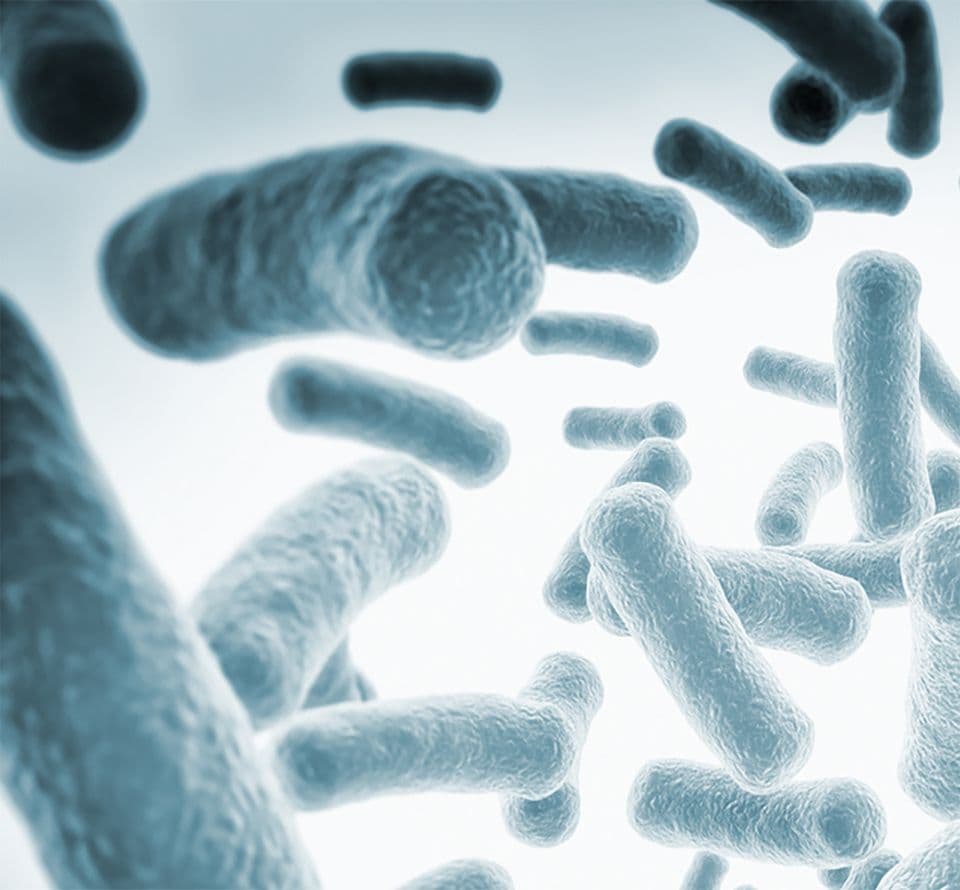FtsZ proteins for division & drug discovery
The bacterial FtsZ protein is functionally analogous to tubulin in eukaryotes. In most bacteria FtsZ is essential for cell viability and division and is a validated target for antibacterial drug discovery.
Cyto offers FtsZ from a wide range of bacteria for biochemical assays, structural biology and antibiotic drug discovery.
- Polymerization competent FtsZ proteins – ideal for drug screening & mechanistic studies
- Optimized buffer systems to preserve FtsZ functionality
- Highly purity, lyophilized protein for easy storage and seamless integration into HTS workflows
- Includes S. aureus FtsZ – particularly relevant due to the clinical urgency surrounding methicillin-resistant S. aureus (MRSA)
Cyto’s FtsZ proteins empower researchers to explore bacterial cytokinesis with precision and accelerate discovery in the fight against antibiotic resistance.
The bacterial FtsZ protein is functionally analogous to tubulin in eukaryotes. In most bacteria FtsZ is essential for cell viability and division and is a validated target for antibacterial drug discovery.
Cyto offers FtsZ from a wide range of bacteria for biochemical assays, structural biology and antibiotic drug discovery.
- Polymerization competent FtsZ proteins – ideal for drug screening & mechanistic studies
- Optimized buffer systems to preserve FtsZ functionality
- Highly purity, lyophilized protein for easy storage and seamless integration into HTS workflows
- Includes S. aureus FtsZ – particularly relevant due to the clinical urgency surrounding methicillin-resistant S. aureus (MRSA)
Cyto’s FtsZ proteins empower researchers to explore bacterial cytokinesis with precision and accelerate discovery in the fight against antibiotic resistance.
